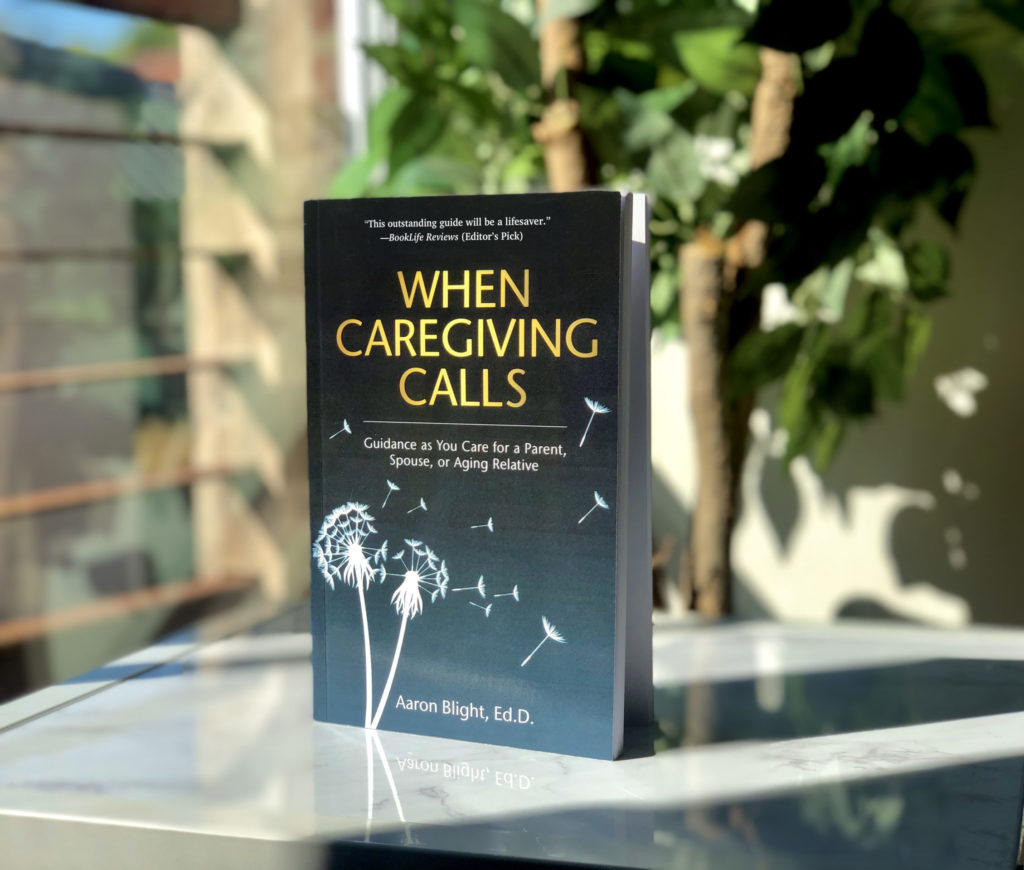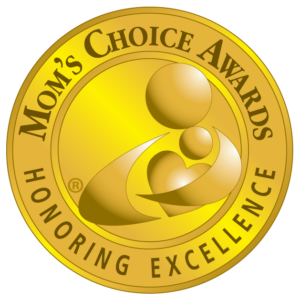Published on:

In a review of my new book, Kirkus Reviews observed, “The book is smartly organized into 18 brief yet highly relevant chapters, each addressing an aspect of caregiving. At the close of every chapter, questions are included for reflection. Rather than attempt to create a manual, the author shares salient observations about caregiving from a very personal perspective.”
I imagine that most readers choosing a book about caregiving would be looking for a book that’s highly relevant and perhaps personal, but not necessarily one that includes questions for reflection. However, I believe that the questions for reflection are among the most distinguishing aspects of When Caregiving Calls: Guidance as You Care for a Parent, Spouse, or Aging Relative. Why did I include reflective questions after every chapter?
The answer is that I wanted to create a book that could do more than inform caregivers. I wanted to write a book that could potentially transform caregivers.
As you may know, my doctoral degree is in learning, not medicine. I’m interested in helping caregivers learn how to function better within the context of their individual care experiences. In writing this book, I consciously considered how to make it more meaningful and helpful for caregivers, so I decided to incorporate principles of transformative learning theory.
Doctor Jack Mezirow’s theory of transformative learning includes two principal parts: 1) critical reflection, and 2) participation in a dialectical discourse in order to reach a best reflective judgment. The deliberate process of writing answers to the questions in When Caregiving Calls will enable the caregiver who is reading to engage in both parts of transformative learning.
To give you an idea of what I’m talking about, I’d like to share a few insights from Mezirow’s research and invite you to think about how they apply to family caregivers. In a study of women returning to college, Mezirow found that personal transformation often followed:
- a disorienting dilemma;
- self-examination with feelings of fear, anger, guilt, or shame;
- a critical assessment of assumptions;
- recognition that one’s discontent and the process of transformation are shared;
- exploration of options for new roles, relationships, and action;
- planning a course of action;
- acquiring knowledge and skills for implementing one’s plans;
- provisional trying of new roles;
- building competence and self-confidence in new roles and relationships;
- a reintegration into one’s life on the basis of conditions dictated by one’s new perspective.[1]
Family caregivers certainly experience disorienting dilemmas as they seek to provide care for a loved one. Those who most successfully transition through their new caregiving roles and realities are, in effect, passing through the steps of transformative learning outlined above.
The questions for reflection in When Caregiving Calls are designed to prompt and facilitate this transformative learning process for family caregivers.
Kirkus Reviews was right—my book is not a manual. Caregiving is extremely personal, and a “manual” that covers everything a particular caregiver would need is impossible to write. I don’t pretend to have all the answers for your uniquely personal caregiving situation. Ultimately, you will discover that you have access to your best answers. Often you just need someone to ask you the right questions.
[1] Mezirow, J. (2009). An Overview on Transformative Learning. In K. Illeris (Ed.), Contemporary Theories of Learning (pp. 90-105). New York, NY: Routledge.
Founded in 1933, Kirkus Reviews is a trusted American book review magazine. You can pre-order When Caregiving Calls: Guidance as You Care for a Parent, Spouse, or Aging Relative on Amazon.com.
Posted in Caregiving, Family Caregiving, Organizational Caregiving





